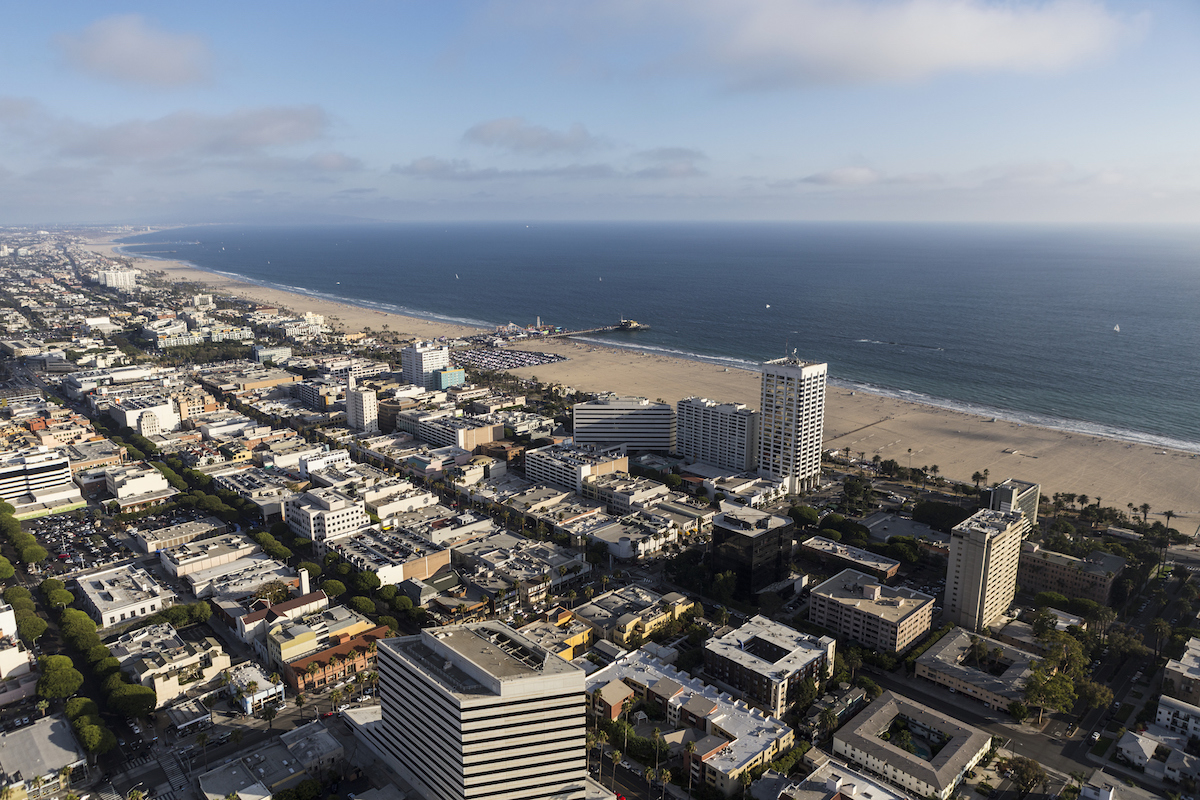Roadmap complements the recently-adopted Zero Emission Building code
The City of Santa Monica has released its Existing Building Electrification Roadmap this week, aimed at reducing carbon emissions and improving indoor air quality in existing buildings.
The roadmap complements the recently-adopted Zero Emission Building code, which mandates all new buildings to be fully electric effective from the beginning of 2023. According to reports, buildings contribute to over 30 percent of the City’s carbon emissions, with most coming from burning natural gas for space and water heating.
“Addressing the existential threat of climate change is a priority for our community,” said Chief Sustainability Officer Shannon Parry. “We now require that all new buildings be fully electric. While this will drastically reduce emissions from new buildings, most emissions from the building sector come from existing buildings. Now our emphasis is on replacing natural gas appliances with electric options such as heat pump systems for water and space heating. This movement away from burning gas will significantly lower the carbon footprint of existing buildings and improve indoor air quality.”
According to the City, the roadmap outlines a holistic approach to equitably electrifying Santa Monica’s existing buildings, which tend to be less energy-efficient than newer ones and account for most building emissions. The City collaborated with stakeholders such as Santa Monica Black Lives Association and Climate Action Santa Monica to identify equity priorities and goals while also partnering with the Rocky Mountain Institute on the California Equitable Home Electrification Program.
With the roadmap’s release, Santa Monica joins a small but growing list of cities looking to improve building performance and electrify their existing structures. Additionally, Santa Monica’s Climate Action & Adaptation Plan seeks a 20 percent reduction in greenhouse gas emissions from existing buildings by 2030, a goal that the Existing Building Electrification Roadmap aims to achieve by implementing a Building Performance Standards policy by 2025, limiting new fossil fuel appliances’ installation by 2030, and transitioning all buildings within City-limits to all-electric by 2045.












